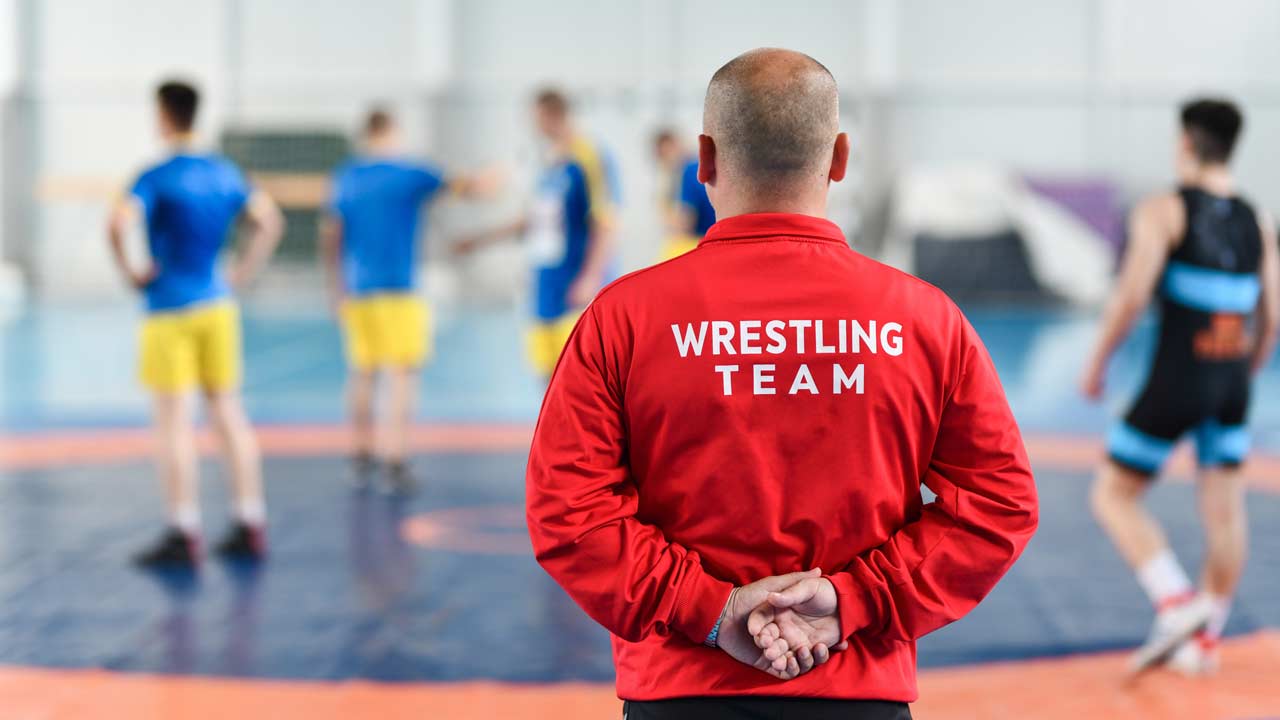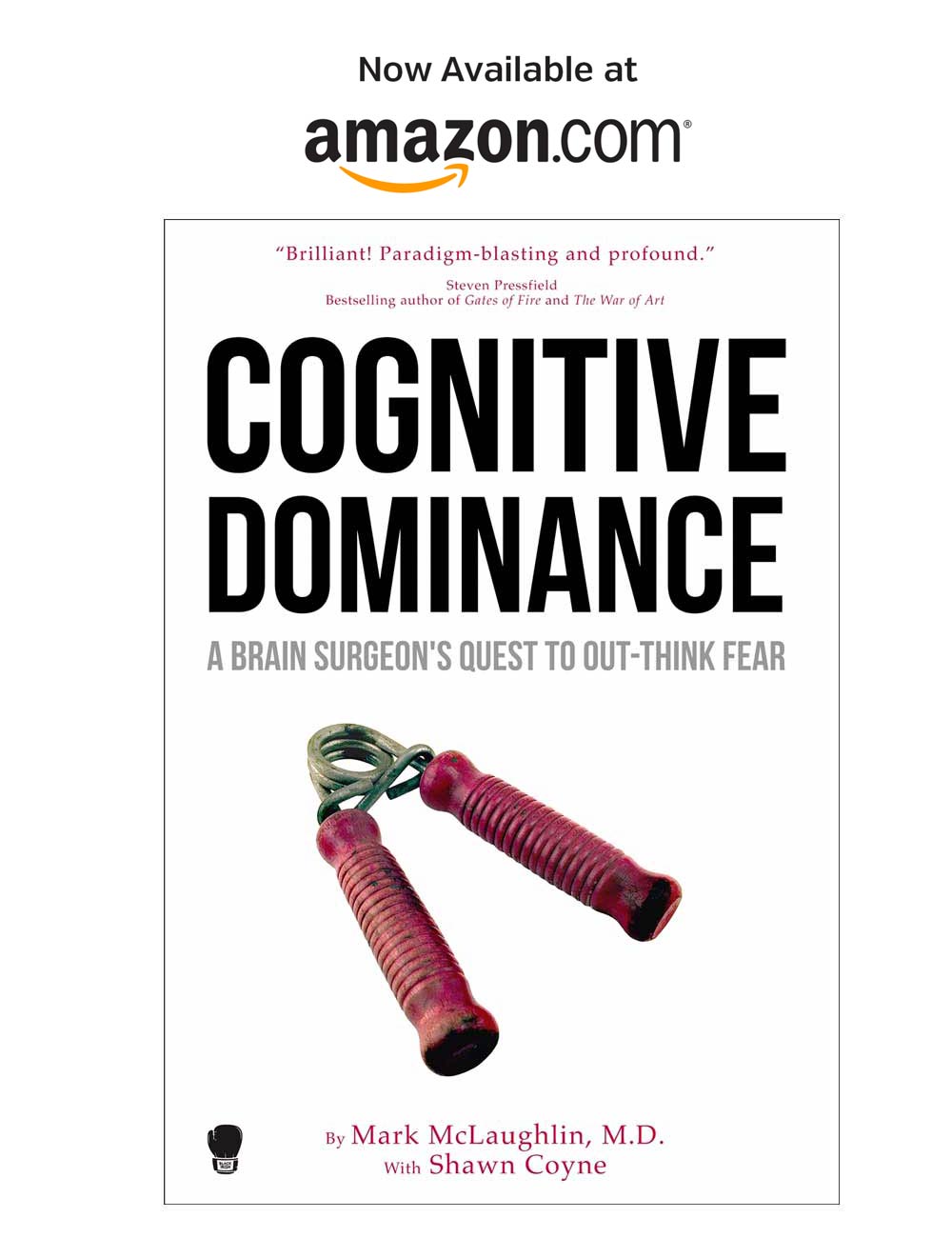NYT Letter
The Times Passed on My Letter—But I Hope You'll Pass It On

Youth sports should be a training ground for character—not conflict.
When a recent high school wrestling tournament ended in violence, it struck a nerve. As a former wrestler, a neurosurgeon, coach, and founder of Trenton Youth Wrestling and Learning Center, I wrote a letter to The New York Times in response. They chose not to publish it, but I believe the message is too important to remain unread.
My letter to the Times
"The article about a New Jersey teen wrestling meet that erupted into a brawl left me appalled, disappointed and sad because the actions that day were the antithesis of the values taught through wrestling. Unfortunately, Ms. Tumin’s article did not provide a prescriptive for the most important lesson that can be gleaned from the event: hostility has no place in youth athletics, and steps must be taken to ensure that scenes like this do not become the norm.
One of the most important decisions I’ve ever made was to become a high school and college wrestler. Wrestling taught qualities that helped me succeed in med school and in my career as a neurosurgeon and founder of a medical practice. I also learned that the skills I gained through wrestling - discipline, self-control, and team building - could provide an important foundation for many young boys and girls. That’s why I have coached youth wrestling for 25 years, and eight years ago established the nonprofit Trenton Youth Wrestling and Learning Center (TYWLC) to offer free year-round programs that teach wrestling and provide mentoring for boys and girls.
At TYWLC we teach our young wrestlers that while it’s natural to feel anger at times, it should be experienced but not acted upon. Anger is a natural albeit unwanted emotion that all human beings best come to grips with as early as possible. Youth sports can and must provide a vehicle to educate youngsters on how to accept and experience this emotion without acting on it. When humans cannot tolerate their anger, it devolves into hostility (the act or intent to harm oneself or another person).
Hostility does not belong in athletics or in life. It’s regrettable that the family and the judge who allowed the wrestler to reenter the tournament do not appear to have yet learned that lesson.
As Ms. Tumin reports, high school wrestling has become an intense, highly competitive sport, often with much on the line for a young athlete. That is why it is more important than ever that all of us support the elevation of behavioral guidelines for spectators and athletes alike. The state associations must have clear, irrefutable rules surrounding behavior and consequences, and athletic directors, meet/tournament directors, and coaches need to be held accountable for upholding these standards at their events.
And parents, WE are who our children look up to. Let's show them how to respond constructively to adversity, so that they can teach future generations that hostility has never solved a problem or truly led to a win."
Mark R. McLaughlin, MD
President, Trenton Youth Wrestling and Learning Center
